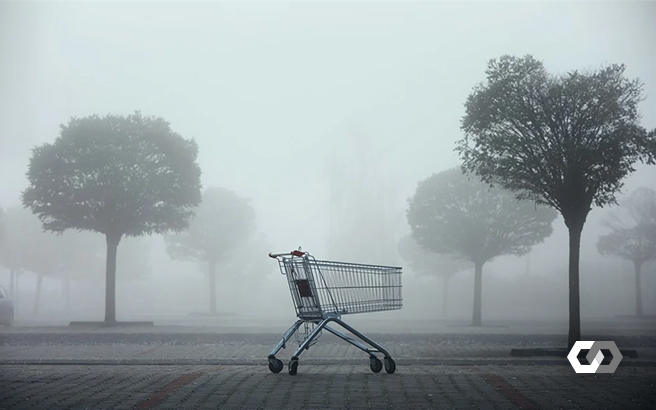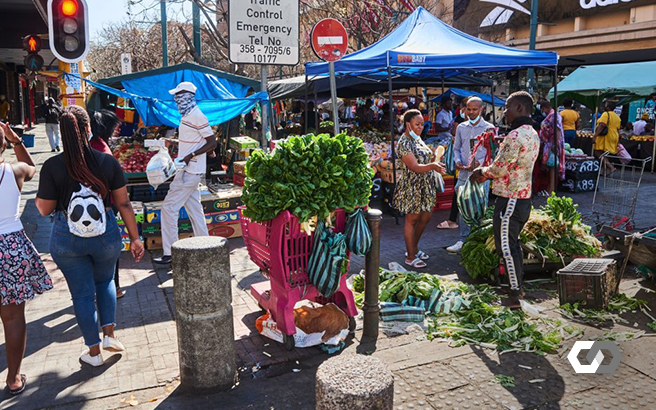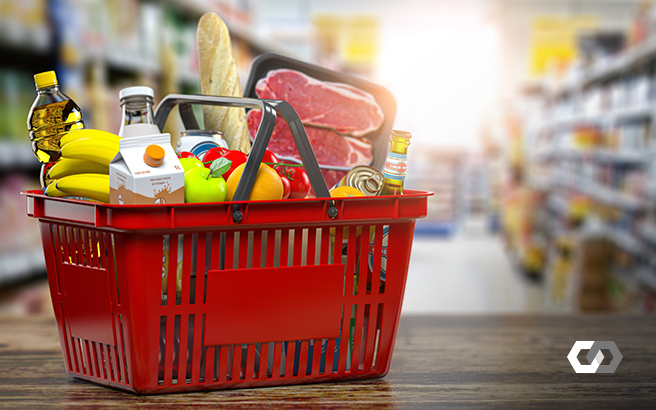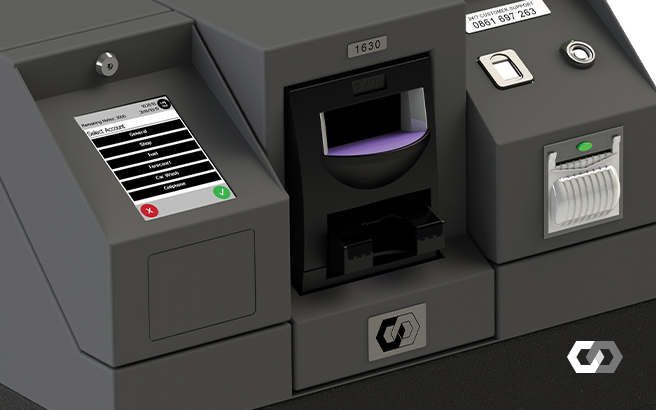Media Coverage

The worldwide artificial intelligence (AI) industry is predicted to exceed $300 billion by 2026 and commerce and finance are expected to be the two key industries driving development.
Because technology is evolving at such a rapid pace, small and medium-sized shops should consider how they might leverage AI and automation to stay ahead of the competition.
This is according to fintech company Capital Connect's chief executive, Steven Heilbron.

Please click here to listen to the broadcast

Please click here to listen to the broadcast

Please click here to listen to the broadcast

Eskom's load shedding on Black Friday will make things harder for shoppers and retailers, but malls with backup power stand to win big. The consumer frenzy on the final Friday of November will be the first in two years outside of lockdown, with retailers already gearing up for an influx of shoppers. Black Friday will see physical malls and e-commerce sites fill with bargain hunters, but load shedding has the potential to disrupt both shopping experiences.

Black Friday—which has evolved into a month-long frenzy of sales and specials—is one of the most important events on South Africa’s retail calendar. Yet with fierce competition and a cash-strapped consumer, retailers have to be nimble and innovative to get their share of billions of rand in Black Friday spending this November.

We are seeing a surge in entrepreneurial activity despite the difficult economic conditions South Africa has endured over the past two years with many many entrepreneurs reporting that they have identified new opportunities because of the pandemic. Yet the Global Entrepreneurship Monitor (Gem) reveals that ease of access to finance remains a perceived barrier for the country's entrepreneurs.

We are seeing a surge in entrepreneurial activity despite the difficult economic conditions South Africa has endured over the past two years with many many entrepreneurs reporting that they have identified new opportunities because of the pandemic. Yet the Global Entrepreneurship Monitor (Gem) reveals that ease of access to finance remains a perceived barrier for the country's entrepreneurs.

With Amazon reportedly set to launch in South Africa next year, forward-thinking retailers are starting to position themselves to defend and extend their share of the R30-billion per year retail e-commerce market.
Those that are agile and innovative enough will benefit from a surge in transactions as South Africans become more comfortable with online shopping.
“With a 30% share of the UK e-commerce market and 50% in the US, Amazon is a force to be reckoned with,” says Steven Heilbron, CEO of Capital Connect. “In recent years, Amazon has shaken up markets from Australia to the Middle East with its top-notch customer service, aggressive pricing and extensive product range.

General dealers have emerged as the most resilient sector in South African retail, growing sales 14.6% in real terms from January to May 2022 and winning a greater share of the cash-strapped consumer's wallet. Their strong performance in a struggling retail sector can be largely attributed to consumers' spending more of their incomes on necessities and choosing entry-level and in-house brands over premium brands.

With the South African retail market estimated to be worth R1 trillion a year, there is plenty of pie for the retail merchants who are agile, fast, bold and innovative enough to create opportunities that can boost profit margins.
Yet that doesn’t mean that it will be easy to win in the second half of the year, even with a welcome end to
most remaining COVID restrictions, says Steven Heilbron, CEO of Capital Connect, part of the Connect Group.

South Africa’s retailers have only a handful of months to prepare for the next peak trading season which includes the busy shopping time over Black Friday and the festive season.
The country’s retail market is estimated to be worth R1 trillion a year, allowing a slice of the pie for any retail merchant who is agile, fast, bold, and innovative enough to create opportunities that can boost profit margins.

South Africa's economy remains cash driven to a large extent. With approximately R168 billion circulating on the country's streets at any given time, according to the South African Reserve Bank, cash remains the preferred method of payment and transacting